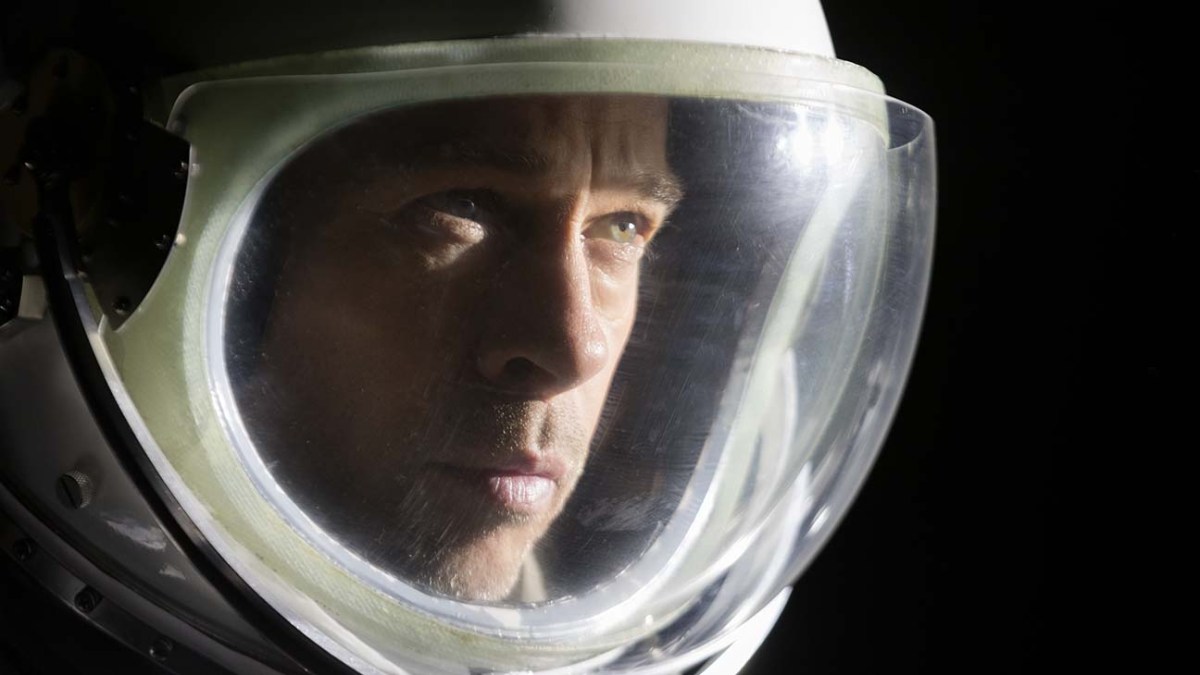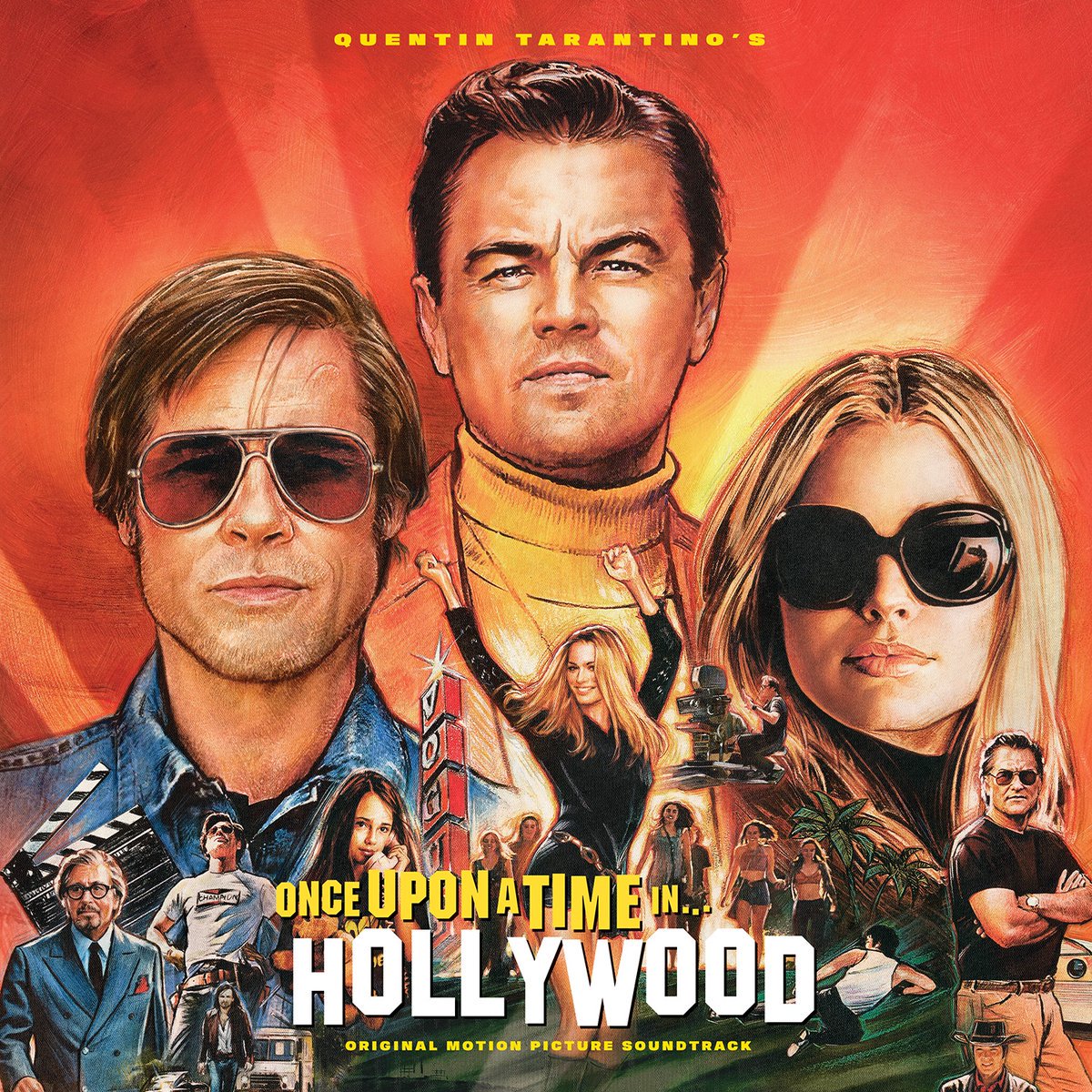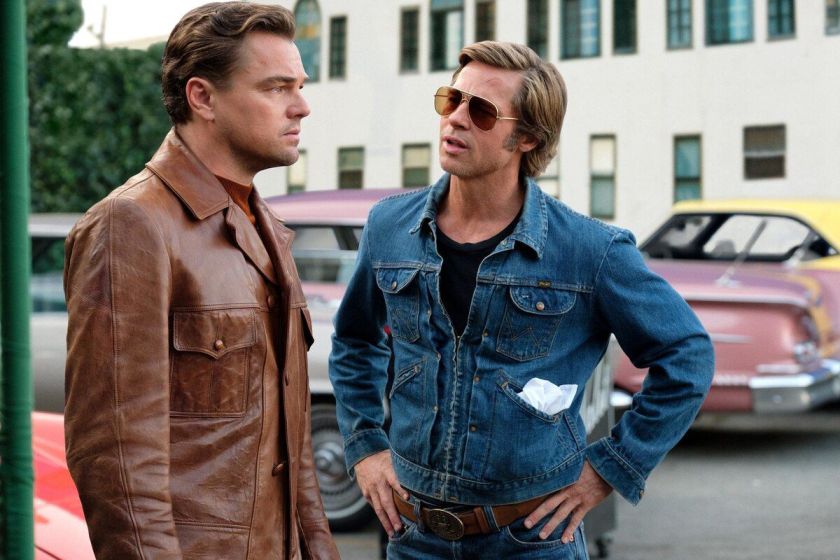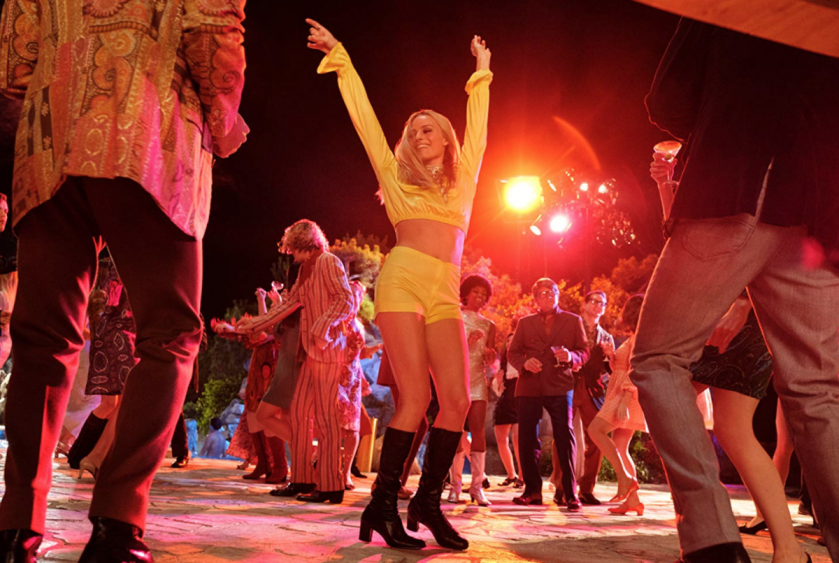Full disclosure here; don’t go into Ad Astra with the notion of it being an Interstellar or Gravity replica. This James Gray-directed film isn’t really bothered about exploring grandiose technicalities of space travel nor unravelling the epic mysteries hidden deep in the cosmos, although elements of those are peppered in the film.
Instead, Ad Astra (Latin for “to the stars”) endeavours to contemplate a more intimate tale about the impact stemming from the connection between a child and his father, albeit on a more ambitious scale than any film of its ilk has managed before. Therefore, the film’s deliberately paced and sparse with action-fuelled thrills – something that many might groan at in theatres given how the film was perceived when deceptively marketed to the masses.
I knew what I was getting into when I decided to watch Ad Astra – a moving character study of a man’s personal odyssey in search of his father and the meaning of his inner demons. Space is merely a physical metaphor for the vast void between father and son; a void that’s as much about their estranged relationship as it is the unfathomable distance needed for Brad Pitt’s Roy McBride to reach his missing father, decorated astronaut Clifford McBride, stranded on the outer fringes of our solar system.
Space is merely a physical metaphor for the vast void between father and son.
It’s a cosmic journey that takes Roy into the darkest recesses of his psyche as the closer he gets to his father, the deeper he plunges into a state of mental chaos as he slowly begins to tear down the layers shielding his father’s true legacy that forces Roy to question his own disposition towards space and, more consequentially, the importance of human connection. You see, Clifford’s absence in search for intelligent life in the cosmos gave birth to Roy’s emulation of his father’s devotion towards space travel and cold disposition towards human intimacy. It was the only way Roy knew how to satisfy the psychological need to become closer to his dad.
The film might come off as pretentious to some (Roy’s monologuing even struck me as mildly exaggerated at times), but Brad Pitt’s stunningly ruminative and emotionally conflicted performance, which this film largely hinges on, helps ground the film’s ambitious narrative to some extent. While I would say Ad Astra failings mainly spring from certain logical fallacies imbued in its depiction of space travel, those don’t really matter when it comes to assessing the heart of the film’s story – a son’s intimately haunting journey to the stars as he deconstructs and ultimately breaks free from the sins of his father.
Image Credit: HollywoodReporter.com





